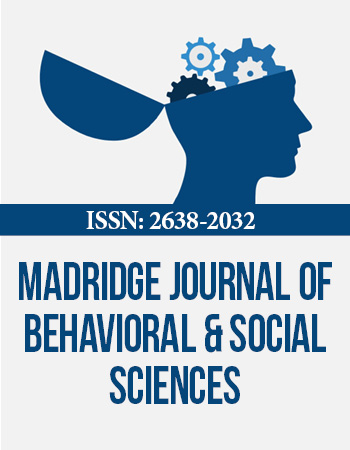International Conference on Alzheimerʼs Disease & Associated Disorders
May 7-9, 2018 Rome, Italy
The Relationship between Physical Activity and Working Memory in Postmenopausal Women: An ERP Study
Shanghai University of Sport, China
Background: Working memory (WM), which refers to the ability to temporarily store and manipulate information that underpins many cognitive processes. It is critical to the daily life and will decline with aging, but can be improved at any time over the lifespan. Therefore, proper interventions on the decline could improve the quality of life of the elderly. The effect of exercise on WM has been a subject of increasing interest over the past few years.
Objective: The study aims to determine whether long-term highly physical activity affects WM among postmenopausal women from behavioral and neuroelectric perspectives.
Methods: The postmenopausal women were screened by physical tests and grouped into a higher physical activity group (HG; n = 20) and moderate physical activity group (MG; n=20) according to their physical activity level. They were also required to complete the 1-back task (high workload) and 3-back task (low workload).
Results: The behavioral results showed that the HG had quicker and more accurate response in both high and low load conditions compared to the MG. The HG showed increased P3 amplitude than MG in both tasks. The P3 latency in 3-back task was significantly longer than that in 1-back for MG, while there was no significant difference between two load conditions in HG.
Conclusion: Our results confirmed that physical activity was positively related to working memory in postmenopausal women and that this positive relationship was associated with the allocation of more attentional resources to increase the efficiency across different memory workloads.
Biography:
Chenglin Zhou is a professor in the School of Sport Science at the Shanghai University of Sport. In 2016, he was elected to the Yangtze river scholars Distinguished Professor. Chenglin Zhou also serves as the vice chairman of Professional Committee of Sport Psychology, the member of Psychology Teaching Committee, and the member of China Social Neuroscience Committee etc. He is the reviewer of Sport Science, Progress in Psychology, Chinese Sport Medicine, and Journal of Shanghai University of Sport etc. Chenglin Zhou has successfully applied for 18 research projects and published more than 70 papers to date.


